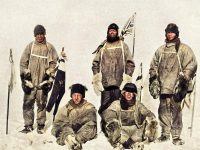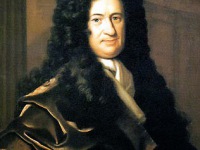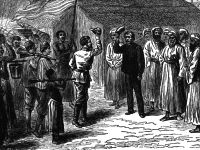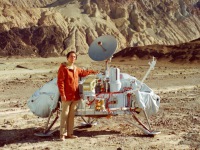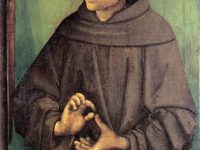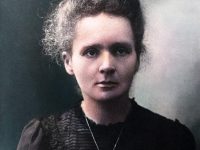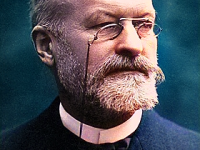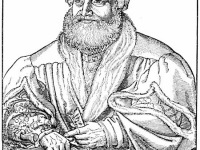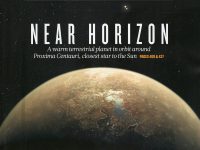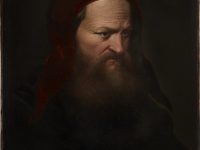Robert Scott’s Last Expedition
On November 12, 1912, the frozen bodies of Robert Falcon Scott and his men are found on the Ross Ice Shelf in Antarctica. Robert F. Scott was a Royal Navy officer and explorer who led two expeditions to the Antarctic regions: the Discovery Expedition, 1901–04, and the ill-fated Terra Nova Expedition, 1910–13. During this second venture, Scott led a party of five which reached the South Pole on 17 January 1912, only to…
Read more











